Heartburn, also called acid reflux, is that uncomfortable burning feeling in your chest when stomach acid flows upward.
If this happens frequently, you may have gastroesophageal reflux disease (GERD). Smoking can raise your likelihood of developing GERD.
GERD isn’t merely an irritating symptom. It’s the primary risk factor for esophageal adenocarcinoma, a form of cancer. If you need motivation to quit smoking and manage your GERD, read on for more information.
Can smoking trigger heartburn or acid reflux?
People inhale many different substances, from tobacco to cannabis. Below is a summary of several common types and how they might affect acid reflux.
Clinicians have suggested a few possible explanations for why smokers report more episodes of heartburn or acid reflux.
- Smoking lowers the pressure of the lower esophageal sphincter (LES). The LES is the valve that prevents stomach acid from entering the esophagus; when its pressure drops, acid can more readily travel upward and cause heartburn.
- Tobacco smoking decreases the bicarbonate content of saliva. Bicarbonate helps neutralize acid.
- Smoking can elevate systemic inflammation. Increased inflammation has been linked to higher risks for GERD and Barrett’s esophagus, a condition that can progress to esophageal cancer.
There’s limited evidence implicating cannabis as a cause of GERD or acid reflux. Yet some animal studies indicate cannabis may reduce acid reflux by lowering gastric acid secretion.
Cannabis may also boost appetite and soothe the stomach, but that doesn’t mean users avoid all gastrointestinal issues. A minority of cannabis users develop a rare disorder called cannabinoid hyperemesis syndrome, which leads to severe vomiting.
Because e-cigarettes are relatively new, their relationship with GERD is not well studied.
A small Indonesian study reported an association between vaping and regurgitation but found a negative link with GERD.
Research on hookah or waterpipe smoking and GERD is sparse, but one study observed that women who smoked waterpipes were more likely to have GERD. The investigators didn’t see the same association in men.
The authors suggested this might be because women in their sample tended to smoke waterpipes in larger groups than men. However, they were unable to pinpoint an exact reason why smoking appeared linked to GERD more in women than in men.
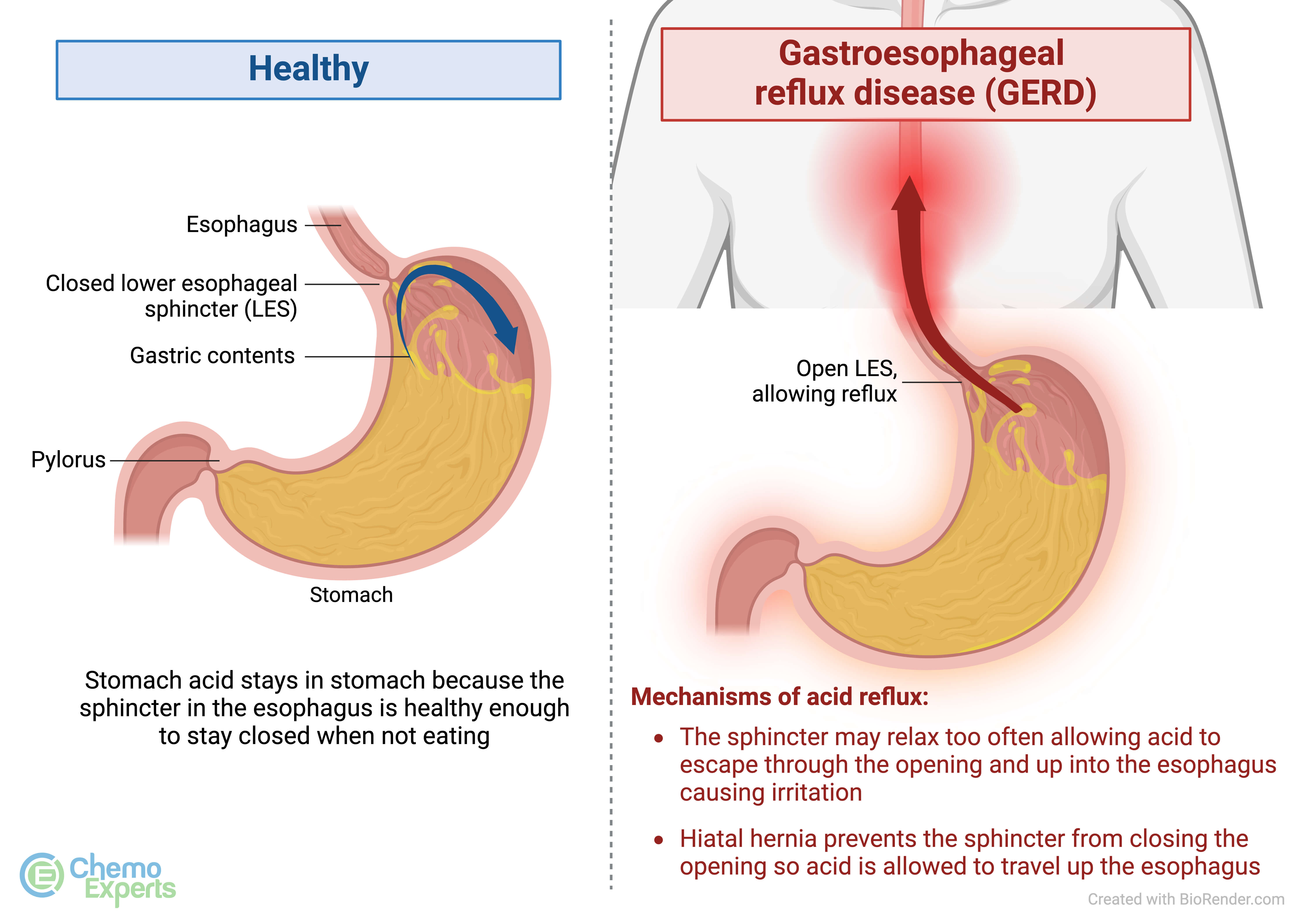
Does quitting smoking make GERD worse?
Some online rumors claim quitting smoking can exacerbate GERD, but the evidence doesn’t support that.
One study of 141 ex-smokers found that 43.9% reported less GERD one year after quitting. Among those who continued smoking, reflux symptoms did not improve. The researchers advised patients with notable GERD to stop smoking to lessen their symptoms.
If your GERD symptoms began around the time you stopped smoking, the cause is probably different and worth discussing with your doctor.
Ways to ease heartburn
Quitting smoking should reduce your acid reflux, but there are additional therapies and home strategies that can help. Consider these suggestions:
- Avoid foods and drinks that worsen your symptoms, such as alcohol, coffee, chocolate, fatty meals, mint, or spicy dishes.
- Engage in regular physical activity and work on maintaining a healthy weight.
- Use medications to control symptoms: antacids, H2 receptor blockers (such as cimetidine or famotidine), and proton pump inhibitors (such as lansoprazole and omeprazole).
- Prop up your head after meals (or raise the head of your bed) to keep acid from rising.
- Stop eating at least three hours before bedtime.
If GERD continues despite these measures, consult your physician. More intensive treatments may be necessary to manage symptoms.
Getting support
If you smoke, quitting is one of the most effective ways to reduce heartburn. It can be challenging, but you don’t have to do it alone. Try these steps to begin:
- Call a quitline. Dial 1-800-QUIT-NOW to reach trained counselors who can help you stop smoking.
- Consider medications to aid cessation. Over-the-counter nicotine replacement or prescription stop-smoking drugs can be useful, especially if you’ve relapsed before.
- Make a quit plan. Pick a quit date, choose methods you’ll use, identify who to contact if you’re tempted to slip, and tell friends and family who can support you.
Bottom line
Tobacco smoking likely worsens acid reflux and GERD, which provides another compelling reason to quit. Alongside stopping smoking, dietary modifications and weight management can help ease painful reflux symptoms.
Your healthcare provider can assist with a smoking cessation strategy and help address acid reflux.





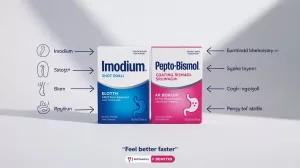

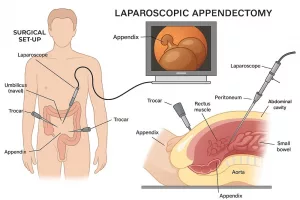
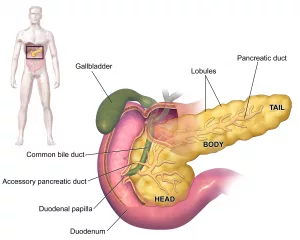

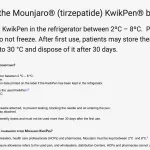







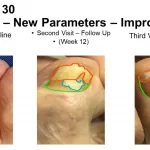



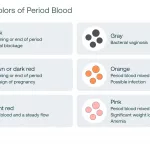


Leave a Reply
You must be logged in to post a comment.